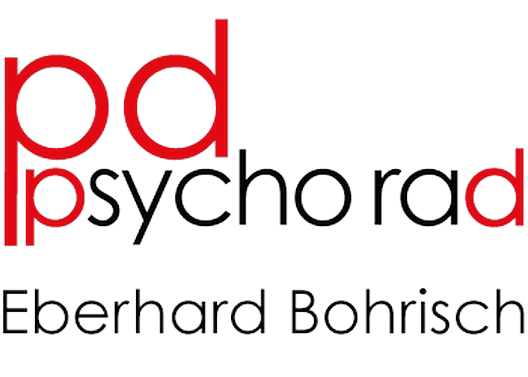Potato peeling and coaching .
Both require a lot of practice to master!
Few may remember how women, mostly women, peeled large quantities of potatoes in a short time for their family’s lunch. Unfortunately, as potatoes were also in short supply, only a skinny layer with the cork rind and the defective parts were allowed to be removed.
Anyone who has peeled potatoes knows that this work is exhausting and difficult. In any case, if you want to do it carefully. Only those who have tried to peel potatoes for ten people know how much practice helps.
Knowledge about the anatomy of potatoes and how a knife works are only of limited help. The psychomotor skill of sparingly peeling potatoes must first be practised frequently and become part of our behavioural repertoire as a habit, as an automatic action.
It is similar to learning to coach. But, again, it is not enough that I understand how behaviour is related to our biological and social background and how changes in behaviour come about. It is also not enough to know precisely the available courses of action (methods).
In coaching, too, the psychomotor and psychosocial processes of perception, thought, and action must first be practised and consolidated through frequent practice under supervision. Then, they have to become a spontaneously available habit.
For coaching training, a substantial part must be dedicated to the practical practice of coaching interactions. In terms of time, this is the most significant part. Dry runs are as inappropriate as peeling exercises without real potatoes.
The trainees‘ developmental questions guarantee real-life practice in coaching training. Therefore, in coaching training, the issue of confidentiality is also fundamental.
